 W
WAfter the collapse of Lord Derby's minority government, the Whigs and Peelites formed a coalition under the Peelite leader Lord Aberdeen. The government resigned in early 1855 after a large parliamentary majority voted for a select committee to enquire into the incompetent management of the Crimean War. The former Home Secretary, Lord Palmerston, then formed his first government.
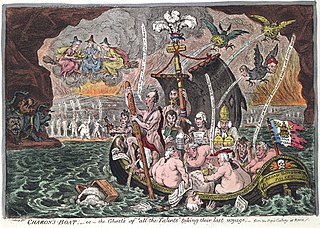 W
WThe Ministry of All the Talents was a national unity government in the United Kingdom formed by William Grenville, 1st Baron Grenville, on his appointment as Prime Minister on 11 February 1806, following the death of William Pitt the Younger.
 W
WThe Asquith coalition ministry was the Government of the United Kingdom under the Liberal Prime Minister H. H. Asquith from May 1915 to December 1916. It was formed as a multi-party war-time coalition nine months after the beginning of the First World War but collapsed when the Conservative Party withdrew.
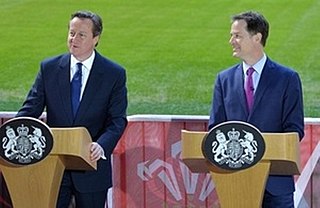 W
WThe Cameron–Clegg coalition was formed by David Cameron and Nick Clegg when Cameron was invited by Queen Elizabeth II to form a new administration, following the resignation of Prime Minister Gordon Brown on 11 May 2010, after the general election on 6 May. It was the UK's first coalition government since the Churchill caretaker ministry in 1945. The coalition was led by Cameron as Prime Minister with Clegg as Deputy Prime Minister and composed of members of both Cameron's centre-right Conservative Party and Clegg's centrist Liberal Democrats.
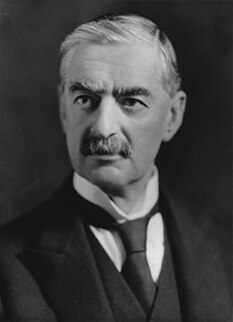 W
WNeville Chamberlain formed the Chamberlain war ministry in 1939 after declaring war on Germany. Chamberlain led the country for the first eight months of the Second World War, until the Norway Debate in Parliament led Chamberlain to resign and Winston Churchill to form a new ministry.
 W
WThe Churchill war ministry was the United Kingdom's coalition government for most of the Second World War from 10 May 1940 to 23 May 1945. It was led by Winston Churchill, who was appointed Prime Minister by King George VI following the resignation of Neville Chamberlain in the aftermath of the Norway Debate.
 W
WThe Conservative–DUP agreement between the Conservative Party and the Democratic Unionist Party (DUP) followed the 2017 United Kingdom general election which resulted in a hung parliament. Negotiations between the two parties began on 9 June, the day after the election, and the final agreement was signed and published on 26 June 2017.
 W
WThe Dewar government was a coalition composed of the Labour Party and the Liberal Democrats that was formed by Donald Dewar at the start of the 1st Scottish Parliament. The coalition was agreed and the announcement of the deal on 14 May 1999 was marked with a signing ceremony held at the Museum of Scotland. Dewar, as Scotland's first First Minister, obtained the Scottish Parliament's approval for the first slate of members of the Scottish Executive on 19 May 1999. The government ended with Dewar's death on 11 October 2000.
 W
WThe First Drakeford government was a Labour-led government formed after the resignation of Carwyn Jones as First Minister of Wales on 12 December 2018, and the subsequent appointment of Mark Drakeford in his place following a leadership contest. The government was also supported by the sole Welsh Liberal Democrat MS Kirsty Williams and the independent MS Dafydd Elis-Thomas. Drakeford's first term as First Minister is known for his handling of the COVID-19 pandemic.
 W
WThe first Jones government was a continuation of the previous Labour–Plaid Cymru coalition government in Wales.
 W
WThe third Jones government was a Labour–Liberal Democrat coalition government formed after the results of the 2016 general election in Wales. On 14 October 2016, Dafydd Elis-Thomas left Plaid Cymru in order to support the coalition government and to give them a ruling majority; he later sat as an independent in the Senedd. The government was replaced by the Drakeford government on 13 December 2018, following the resignation of Carwyn Jones as First Minister the previous day.
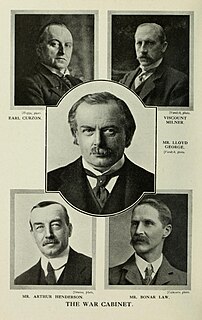 W
WIn British politics, a Lib–Con pact is a working arrangement between the Liberal Party and the Conservatives.
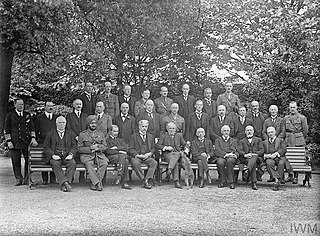 W
WLiberal David Lloyd George formed a coalition government in the United Kingdom in December 1916, and was appointed Prime Minister of the United Kingdom by King George V. It replaced the earlier wartime coalition under H. H. Asquith, which had been held responsible for losses during the Great War. Those Liberals who continued to support Asquith served as the Official Opposition. The government continued in power after the end of the war in 1918, though Lloyd George was increasingly reliant on the Conservatives for support. After several scandals including allegations of the sale of honours, the Conservatives withdrew their support after a meeting at the Carlton Club in 1922, and Bonar Law formed a government.
 W
WThe first McConnell government was formed by Jack McConnell on 22 November 2001 during the 1st Scottish Parliament, following Henry McLeish's resignation as First Minister of Scotland as a consequence of the Officegate scandal. The first McConnell government was a continuation of the Labour–Liberal Democrat coalition that had existed under the previous McLeish and Dewar governments. It ended on 20 May 2003 following the 2003 election to the 2nd Scottish parliament, which saw McConnell returning to office as first minister to form a second government.
 W
WThe second McConnell government was formed following the 2003 general election to the 2nd Scottish Parliament. Jack McConnell was re-appointed as First Minister on 20 May 2003 and headed another Labour–Liberal Democrat coalition government.
 W
WThe McLeish government was formed following the death of Donald Dewar on 11 October 2000 during the 1st Scottish Parliament. Henry McLeish was sworn in as First Minister on 27 October 2000. It was a continuation of the Labour–Liberal Democrat coalition that had been formed following the first election to the Scottish Parliament in 1999.
 W
WThe fourth Morgan government was a Labour–Plaid Cymru coalition government led by First Minister for Wales, Rhodri Morgan.
 W
WThe Executive of the 1st Northern Ireland Assembly was, under the terms of the Northern Ireland Act 1998, a power-sharing coalition.
 W
WThe Second Executive is as under the terms of the Northern Ireland Act 1998 a power sharing coalition.
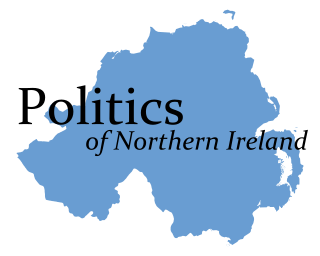 W
WThe Third Executive was, under the terms of the Northern Ireland Act 1998, a power-sharing coalition.
 W
WThe Fourth Executive was, under the terms of the Northern Ireland Act 1998, a power-sharing coalition.
 W
WThe Executive of the 6th Northern Ireland Assembly was appointed on 11 January 2020, after the confirmation of Arlene Foster and Michelle O'Neill as First and deputy First Ministers.
 W
WA coalition of the Conservative and Liberal Unionist parties took power in the United Kingdom following the 1895 general election. Conservative leader Lord Salisbury was appointed Prime Minister and his nephew, Arthur Balfour, became Leader of the House of Commons, but various major posts went to the Liberal Unionists, most notably the Leader of the House of Lords, the Liberal Unionist Duke of Devonshire, who was made Lord President, and his colleague in the Commons, Joseph Chamberlain, who became Colonial Secretary. It was this government which would conduct the Second Boer War from 1899–1902, which was exploited by the government to help win a landslide victory at the 1900 general election.